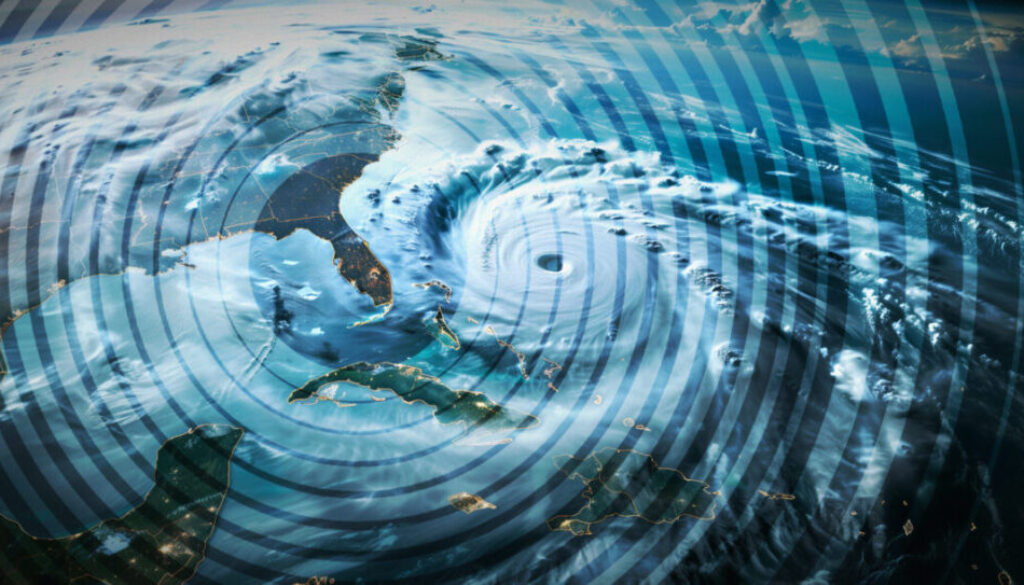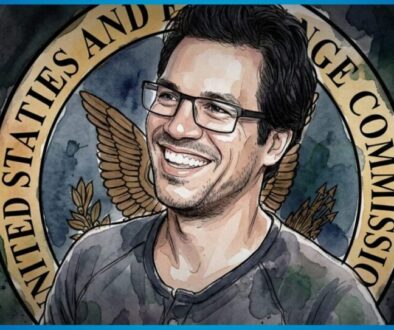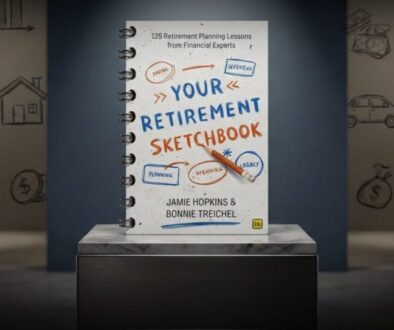1 in 7 Floridians lacks homeowners insurance despite major climate risks
About 1 in every 7 Floridian homeowners is choosing to go without property insurance, despite the high risk of catastrophic weather events such as hurricanes and floods, according to research from the Insurance Information Institute.
More homeowners around the country have had to make tough decisions in the face of rising costs for property and casualty insurance in recent years. However, Mark Friedlander, director, corporate communications, Insurance Information Institute, said the issue is even more exaggerated in Florida.
With experts projecting this Atlantic hurricane season could be a particularly severe one, Friedlander said the increase in uninsured homeowners marks an “alarming trend.”
“Florida’s volume of uninsured homeowners typically runs higher than the national average,” Friedlander told Insurance News Net. “We have estimated up to 15% of Florida homeowners may not have property insurance, based on input from insurance agents across the state.”
While Floridian homeowners face unique challenges of increased risks and some of the highest P&C rate hikes in the last few years, Friedlander emphasized that the issue is a concern for all American homeowners.
“All areas of the U.S. are prone to natural disasters — whether it’s hurricanes, wildfires, severe convective storms or blizzards. Adequate insurance coverage is essential to help homeowners recover as quickly as possible from a natural disaster loss,” he said.
He encouraged American consumers to speak with their insurance advisor to find ways to save on coverage, such as by bundling, decreasing the deductible or asking about discounts, rather than go uninsured.
Thousands of Americans are uninsured
In 2023, III and Munich Re conducted a national consumer survey that found 12% of U.S. homeowners do not have property insurance. Putting that in perspective, the pre-pandemic rate was just 5%.
“Our 2023 survey showed an alarming trend as few Americans can realistically afford to pay for rebuilding their home following a catastrophe, without adequate insurance coverage,” Friedlander said.
Additionally, the report found 25% of American homeowners “do not expect to ever be impacted by weather risks,” even while 32% of respondents said they indeed had been impacted by negative weather events in just the last five years alone.
Thunderstorms, flooding and tornadoes represented the largest weather risks across all regions, but the number of American homeowners who said this was their biggest issue was highest in the Midwest (75%) and southern USA (55%), including Florida.
Flood insurance gap
An even lower percentage of American homeowners have flood insurance, with less than 10% being insured for floods either through the National Flood Insurance Program or through a private flood insurer. According to III’s data, this makes it the largest insurance gap for disaster coverage across the country.
The survey also found many Americans incorrectly assume their standard property insurance policy covers flood damage, leaving them at serious risk.
“As 90% of U.S. natural disasters involve flooding, and all areas of the country are prone to flooding, having flood insurance is just as important as having property insurance,” Friedlander said. “It’s not just for residents living in coastal areas prone to hurricanes, where most of the flood policies are in force.”
Rising costs a serious issue in Florida
Friedlander noted that rising costs are the primary factor driving Floridian homeowners to drop their homeowners insurance coverage. Factors like increasing inflation, high claims costs and increased risks from climate change have all contributed to these rising costs, especially in states like California, Florida and Texas.
However, Friedlander highlighted why axing property insurance coverage is a dangerous idea for homeowners not just in Florida but throughout the United States.
“Having insurance is all about being financially protected from covered hazards,” he said. “It is very hard to recover from a natural disaster or a major loss like a structure fire without adequate property insurance coverage… Relying on FEMA to bail you out after a disaster is a bad strategy and not a replacement for insurance.”
Additionally, he pointed out that homeowners with a mortgage are required to have property insurance, as failure to do so could result in foreclosure or force-placed insurance that can cost up to 10 times more and provide significantly less coverage.
Tips to save on homeowners insurance
Friedlander acknowledged that American consumers are facing significantly higher rates for this essential insurance coverage, and provided some tips on how to save on costs:
1. Bundle home insurance with other types of coverage
2. Increase the deductible
3. Ask about discounts or lower rates
“Home insurers offer a wide variety of other discounts including a roof upgrade, living in a gated community, loyalty, being claim-free for several years, installing smart home devices, installing safety systems — such as monitored burglar and fire alarms, being a senior citizen or a U.S. active-duty military member or veteran. It’s always best to check with your insurance agent to see what discounts you qualify for,” he said.
The Insurance Information Institute, founded in 1959, is an American industry association that focuses on improving public understanding of insurance and how it works.
© Entire contents copyright 2024 by InsuranceNewsNet.com Inc. All rights reserved. No part of this article may be reprinted without the expressed written consent from InsuranceNewsNet.com.
The post 1 in 7 Floridians lacks homeowners insurance despite major climate risks appeared first on Insurance News | InsuranceNewsNet.




